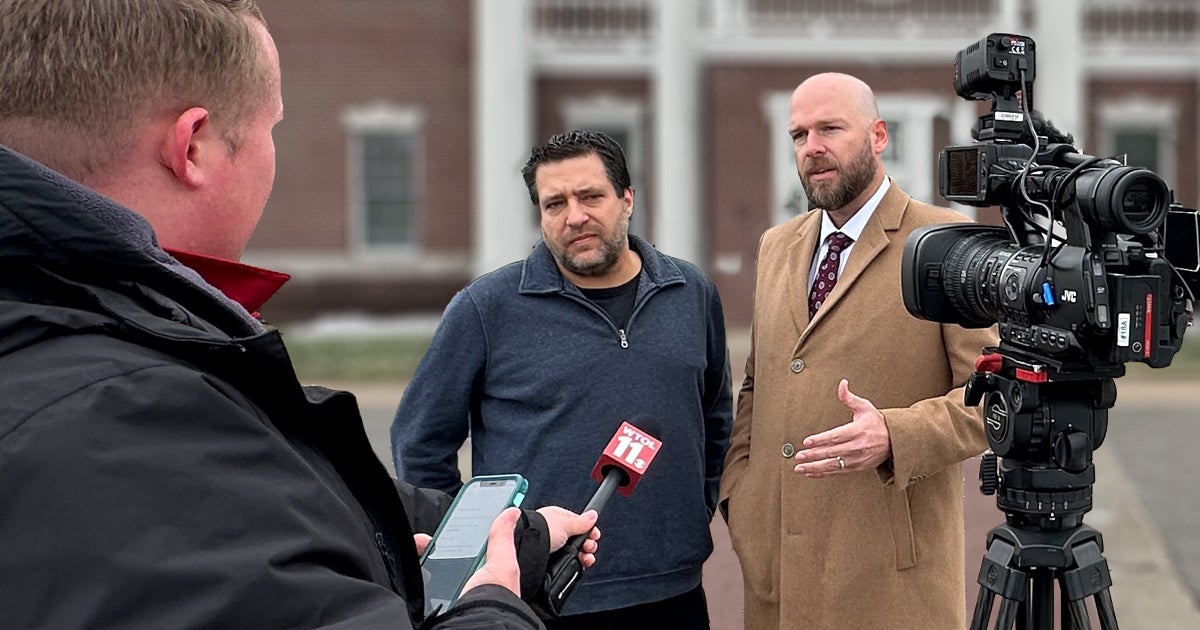
by Jorge Gomez • 1 minute
A new D.C. Court of Appeals rule could punish First Liberty attorneys and any lawyer in our nation’s capital for representing Americans with traditional religious beliefs.
The proposed rule would expose attorneys licensed in the District of Columbia to professional discipline for conduct (including speech) that the lawyer “reasonably should know is harassment or discrimination” on the basis of a protected class. The list of protected classes includes sex, sexual orientation and gender identity. It is modeled off a controversial model rule adopted by the American Bar Association in 2016.
First Liberty submitted a public comment to the D.C. Court of Appeals opposing the rule. We explained that it raises constitutional concerns and would chill First Amendment-protected speech and religious freedom. Because the language is so vague and unclear, it would lead to censorship of religious and conservative viewpoints.
We warned in our comment that “despite its framing as a rule of professional decorum, D.C’s modified Rule 8.4(h) will negatively affect religious attorneys by chilling their speech, deterring zealous representation of faith-based clients and pro bono clients, and adding unnecessary risk to community service opportunities.”
This could also prevent attorneys from receiving continuing legal education credits. Organizations like the Federalist Society and the Christian Legal Society host annual conferences where thousands of attorneys across the country obtain these credits. While these seminars are open to all and include diverse viewpoints, they can present from religious, traditional or other ideological perspectives. But the proposed rule would deter attorneys from speaking on these panels, or receiving credit, if the Court disagrees with the viewpoints presented.
First Liberty isn’t the only one sounding the alarm. The Ethics and Public Policy Center (EPPC), Christian Legal Society and D.C. attorney Kimberly W. Colby also submitted comments in opposition.
EPPC scholars and attorneys pointed out that the rule does not provide fair notice of what would constitute prohibited speech and conduct. For example, they stressed that it is unclear whether an attorney would violate the proposed rule by declining to use an individual’s preferred pronouns or by failing to provide certain benefits in an employee healthcare plan. Given this lack of clarity, the scholars argued that the proposed rule “does little to assuage concerns” that the proposal would infringe on freedoms of speech, religion and association.
By participating in the legal profession, attorneys do not forfeit their First Amendment rights. The U.S. Supreme Court has made clear that disciplinary rules governing the legal profession cannot punish activity protected by the First Amendment.
Under this rule, First Liberty and many attorneys in our nation’s capital would be forced to choose between zealously advocating for their clients’ rights and facing bar discipline. Even more, it would deny citizens of legal representation in significant cases involving their religious freedoms. That betrays everything that our nation’s legal system is supposed to be about. If this rule goes into effect, the legal profession—and countless Americans who rely on First Liberty for legal help—will suffer.